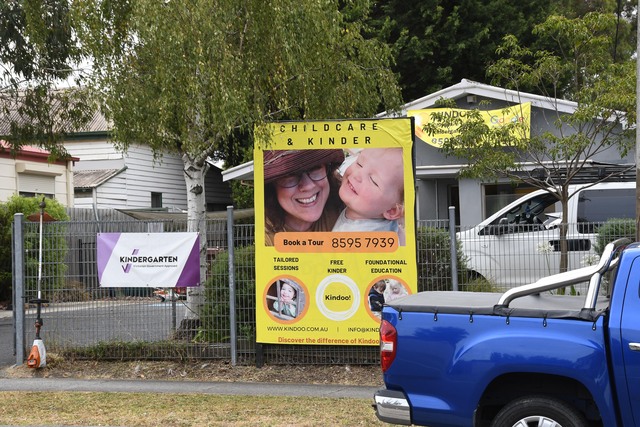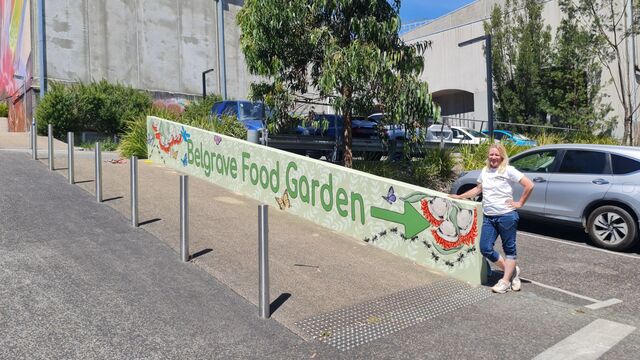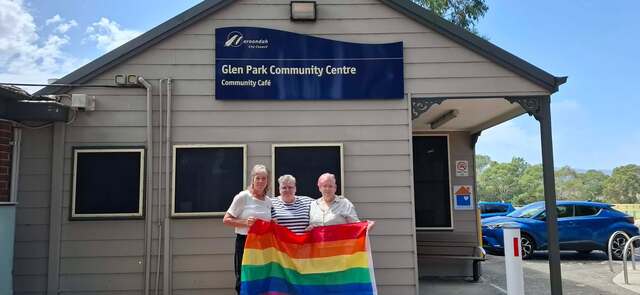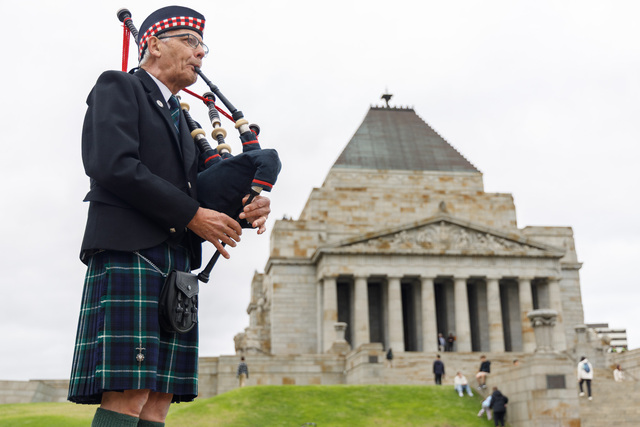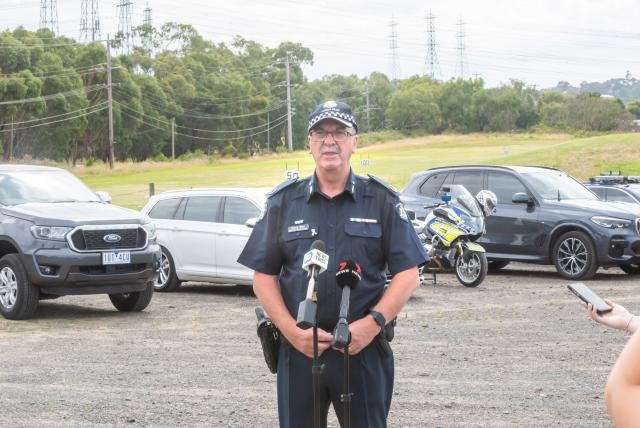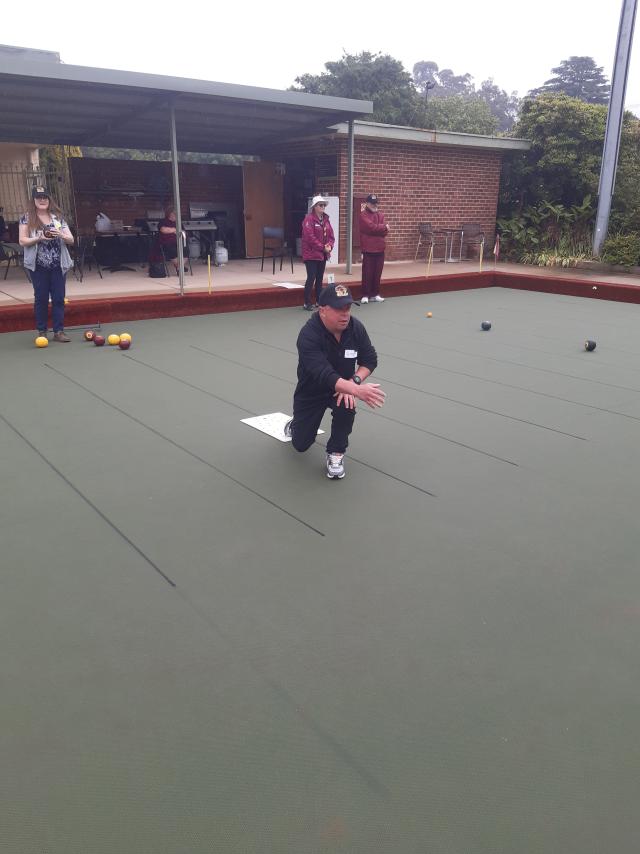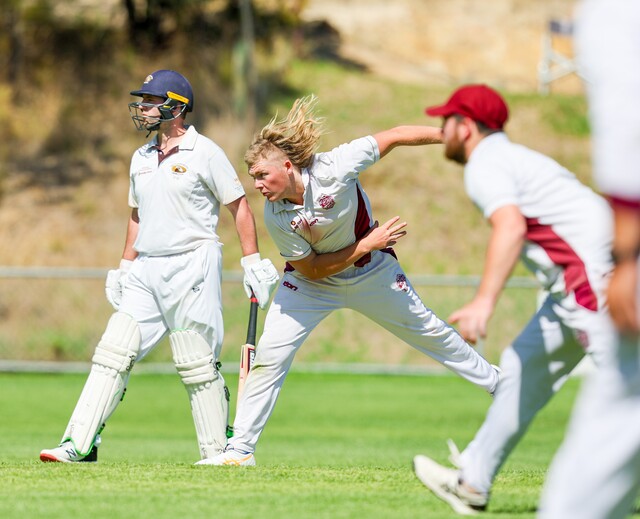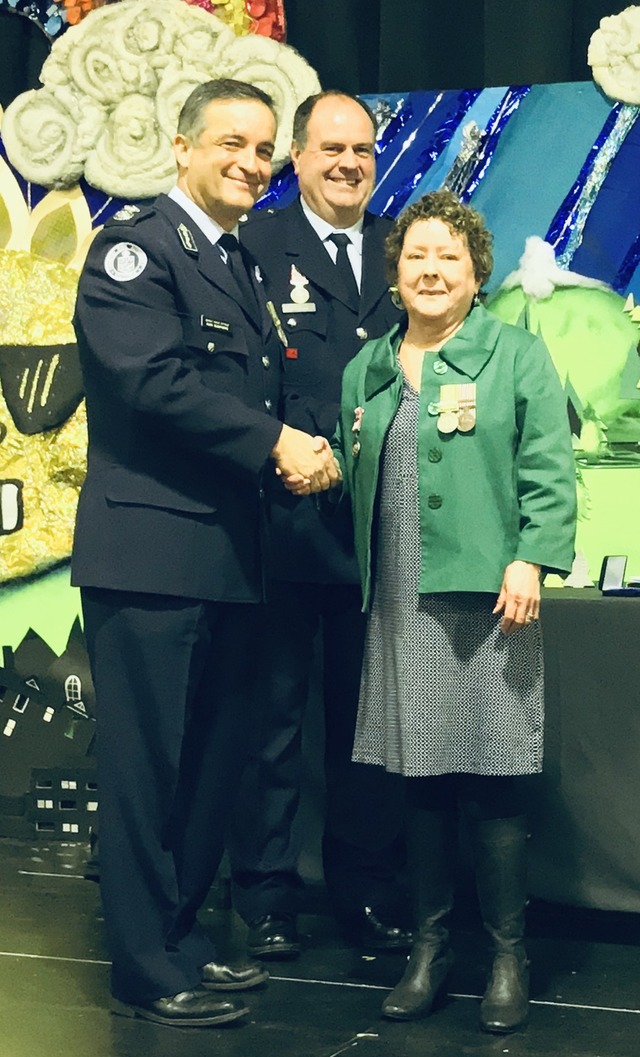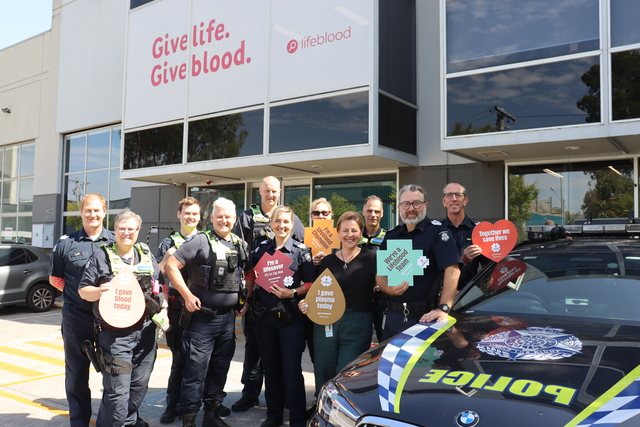Human fascination with gambling shows no signs of abating, transcending generations, borders, and backgrounds.
It influences all forms of culture and media, from literature to movies, television, radio, and the news.
Perhaps because life itself is risk taking, it’s not surprising that gambling of one kind or another is not something that has emerged recently but can be traced back to ancient cultures and even Indigenous Australians enjoyed gambling games.
Gambling was rife across all classes in early colonial society: cockfighting, dice, card games and Two Up, still a part of Anzac Day commemorations.
The phrase, Come in Spinner is still used in Australia today, often in a nostalgic or colloquial context, sometimes to describe situations involving chance or uncertainty.
But it was during the Gold Rushes with new found wealth that saw many gambling practices take hold. It also saw the beginnings of Turf Clubs and our passion for betting on horse racing.
In Something for the Pain: A Memoir of the Turf Gerald Murnane explores his love for horse racing, reflecting on our continuing preoccupation with racing from Country Races to the Melbourne Cup extravaganza, where outcomes are always uncertain, much like the course of our lives.
Australians lose over $3 billion annually on horseracing bets.
This loss is part of a broader gambling industry in Australia, where total gambling losses exceed $25 billion annually across all forms of gambling, including poker machines, lotteries, and sports betting.
In Dead Souls’, Nikolai Gogol wrote, “The only man who makes money following the races is one who does it with a broom and shovel.”
The ritual of buying a weekly Tatts Lotto ,Powerball etc, or the instant gratification of a scratchie is of course still a form of gambling but many don’t see this as such and Australians spend approximately $7-8 billion annually just on lottery products, The appeal of large jackpots and the relatively low cost of entry make lotteries a widespread form of gambling in our country.
Both Commonwealth and State governments derive significant revenue from gambling through taxes and levies.
Collectively, they earn around $6-7 billion annually from gaming machines, lotteries, racing casinos and increasingly since 1996 from sports betting.
The money is diverted to many areas including health, education, public infrastructure, sporting and arts and culture. Ironically also to problem gambling programs.
Perhaps it should be pointed out that Australians hold the dubious honour of being the highest gamblers in the world.
A loss of this revenue would without doubt reflect on services we receive.
Somehow the taxes inherent in gambling revenue are accepted but any suggestion of increasing other taxes is met with an outcry.
And this is the dilemma our governments face when confronted with irrefutable evidence of the damage done to our youth with online betting during sporting events.
Smartphones and tablets let young people gamble at any time, day or night, away from any parental supervision.
The recently released report by the late Peta Murphy leaves no doubt of the seriousness of youth online sports betting.
Most of us can have the odd flutter on a horse or on the pokies at the local pub or club and walk away But not all of us are wired in the same way and for some an addiction takes hold and ends in broken relationships, criminal activity and a life destroyed.
We should remove the shame and stigma from people who become addicted, because they are often vulnerable in the first place. And it’s an industry that preys particularly on vulnerable people.
As Kenny Rogers sings in The Gambler
You got to know when to hold’em,
Know when to fold’em,
Know when to walk away,
And know when to run.
In her poem Horses Gayelene Carbis paints a sympathetic picture of her Aunt born with a disability, always broke, never fitting in and turning for solace to gambling on horses.
Carbis is critical of her Aunt’s gambling but ultimately understanding.
My Aunt often had no money for rent,
everything went on the races, and Paterson’s
and Williamson’s cakes and pies and pasties,
which she’d eat but mostly give away, to us.
She’d always loved horses, wanted to be
a horse-breaker, like her father, but
being a girl, horses galloped away from her.
Carbis is critical of her aunt’s obsession yet ultimately understanding
We all hated the incessant sound
of that transistor, hated how she kept blowing her money
on those horses, even hated those horses who took her
away from us, we judged her for her neglect
and her carelessness, the lacks in her love.
Yet who knows what love went into
those bets, those trifectors, who knows
what hope of solace and salvage of self in choosing
that winning horse to come home
Gayelene Carbis is the judge for the Louise Rockne Youth Category of the Woorilla Poetry Prize, 2024.
Woorilla Poetry Prize will be running a virtual poetry event on Tuesday 27 August at 6.30.
Visit woorilla.org.au


